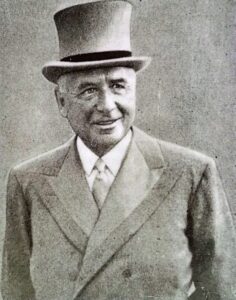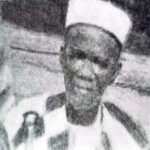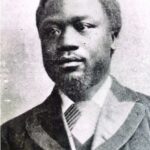DUNCAN, PATRICK
- 2 Min Read
Sir Patrick Duncan (December 1870-July 17, 1943), lawyer and administrator, played a role in the formation of the Union of South Africa. He later became the first South African citizen to hold the office of governor-general.

PHOTO CAPTION: Sir Patrick Duncan SOURCE: EA Library
He was born in Aberdeenshire, Scotland, was educated at Edinburgh University, and later at Balliol College, Oxford also the college attended by Lord Alfred Milner.
Like Milner, Duncan started his career as a financial specialist (as a member of the revenue department at Somerest House, London). He was subsequently appointed private secretary to Milner, who brought him to South Africa in 1901.
In South Africa, Duncan became a senior member of Milner’s “kindergarten” the name given to the group of bright young men from Oxford who, on the conclusion of the South African or AngloBoer War (1899-1907), helped from the future Union of South Africa. Duncan was appointed colonial secretary [secretary for the interior] from 1903-1907 in Milner’s administration in the Transvaal, and in 1906 acted as lieutenant-governor of that colony.
He returned to England in England in 1907, trained as a barrister, and went back to South Africa in 1908 to practice law. He joined the Progressive Party, whose leader he became. He assisted in the formation of the Union of South Africa, in 1910, and was then elected to its parliament as a Unionist member, working for social and industrial reform.
He subsequently held a variety of ministerial appointments, minister of education and public works [under General Jan Smuts, and minister of mines in the Smuts-Hertzog coalition government. In 1936 he was chosen to serve as governor-general, the highest ceremonial office in the country. In 1939, on the outbreak of World War II, Duncan called on Smuts to form a war cabinet. He died in 1943, and was given a state funeral.
By the standards of his time, Duncan’s views were moderate and liberal-minded. His goal was equality of opportunity for all races. He was a keen student of Greek philosophy, and translated Plato’s Phaedon into English in 1928. One of his sons, Patrick Baker Duncan, later became a leader of the Liberal party and was exiled from South Africa.
L.H. GANN




